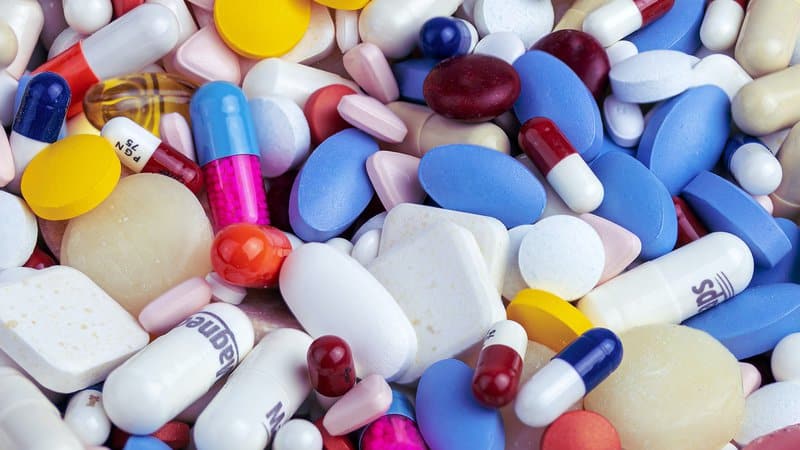Current spending on cancer drugs is not sustainable
The cost of treating cancer has been rising steadily over the last two decades. New approved cancer drugs are now significantly more expensive than the drugs they replace, averaging £109,000 versus £12,000 per patient, respectively (data from the USA)1. This means that less than 20% of eligible patients will be able to receive new therapies, based on current healthcare spending1. Whilst cancer drugs are marketed at a lower price in Europe (median 2.3x cheaper in EU versus USA2), ever spiraling costs are placing an increasing strain on socialised healthcare systems. Importantly, there is no relationship between how much a cancer drug costs and how likely it is to work3.
Biomarker testing is a fraction of the cost of modern cancer therapy
New cancer drugs cost around £50,000 per patient in Europe. By contrast, a comprehensive biomarker profile costs less than one tenth of that at £2,000-£4,000. Assessing all relevant biomarkers in a single comprehensive test can be more cost efficient than iterative testing4, as well as making more efficient use of the tissue sample to ensure all biomarkers are tested for5.
Importantly, biomarker testing can ensure that patients do not receive drugs from which they are unlikely to benefit. This can save money by reducing drug costs and protect patients from exposure to ineffective treatments. Examples include the use of biomarker testing to identify patients with lung or colorectal cancer who are less likely to respond to inhibition of EGFR Identification of a resistance biomarker, such as MET amplification in lung cancer or ERBB2 mutation or amplification in colorectal cancer, can alert the physician to the potential for treatment failure, suggest early response assessment and guide the choice of subsequent experimental therapy.
The use of biomarker testing to predict treatment failure is a growth area. In many cases, more outcome data are required in order to change clinical practice. These data are best collected from within the healthcare system, by linking biomarker profiling to clinical outcomes in real world settings. The cost increment of introducing comprehensive biomarker testing into routine cancer care is insignificant in comparison to the ever increasing costs of cancer therapies. A key benefit of biomarker testing comes from the potential to reduce drug costs through the more efficient deployment of available treatments.
1 JAMA Intern Med. 2021 Feb 1;181(2):162 167.
2 Lancet Oncol. 2020 May;21(5):664 670.
3 Lancet Oncol. 2020 May;21(5):664 670.
4 JCO Precis Oncol 2019; 36: 9031 9031, JCO Clin Cancer Inform 2019; 3: 1 10.
5 JCO Precision Oncology published online February 15, 2019; DOI: 10.1200/PO.18.00238.

